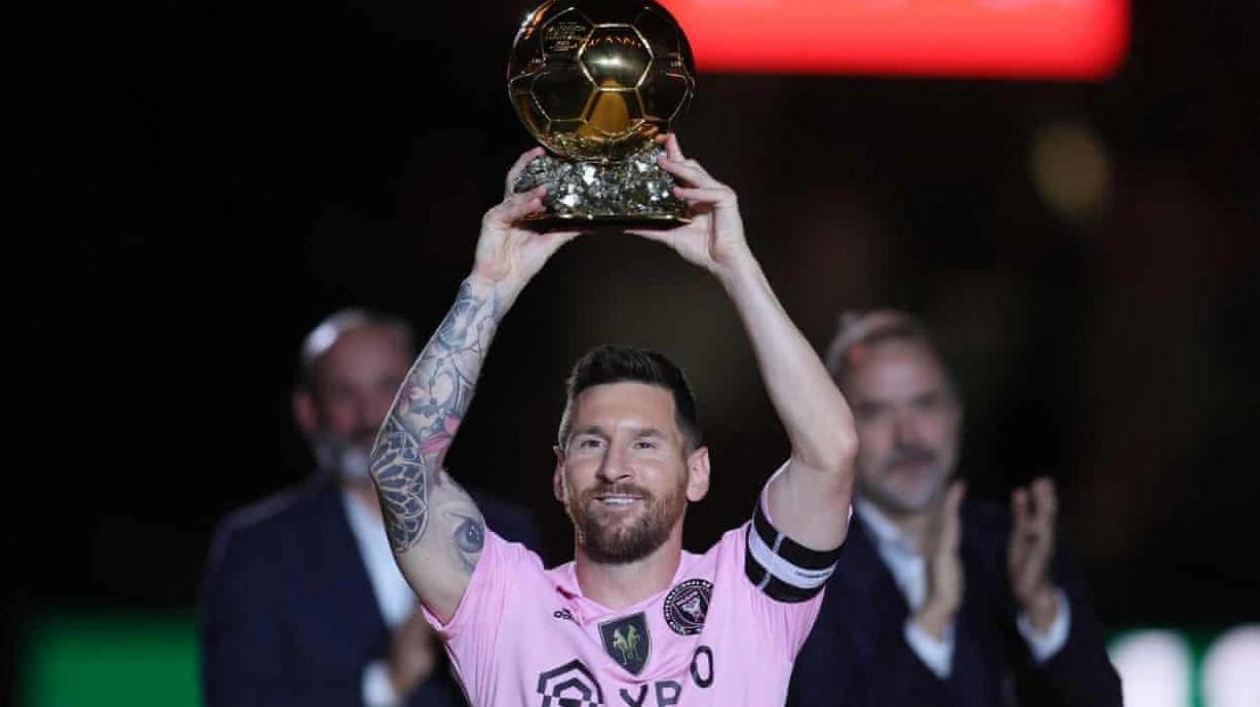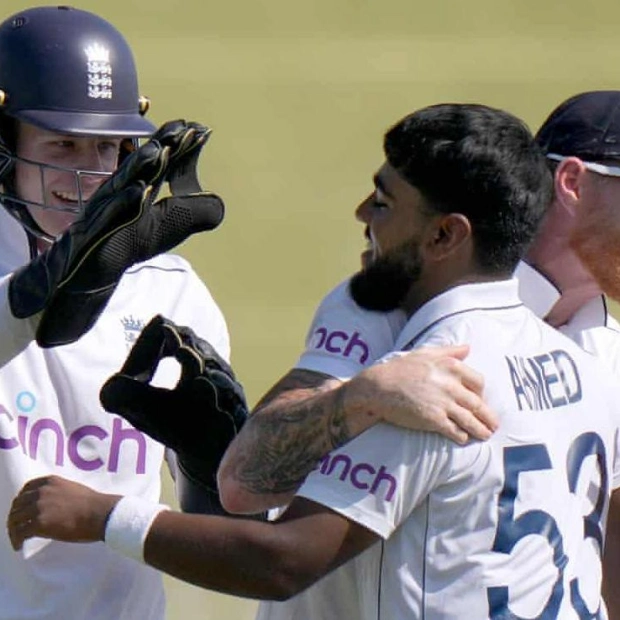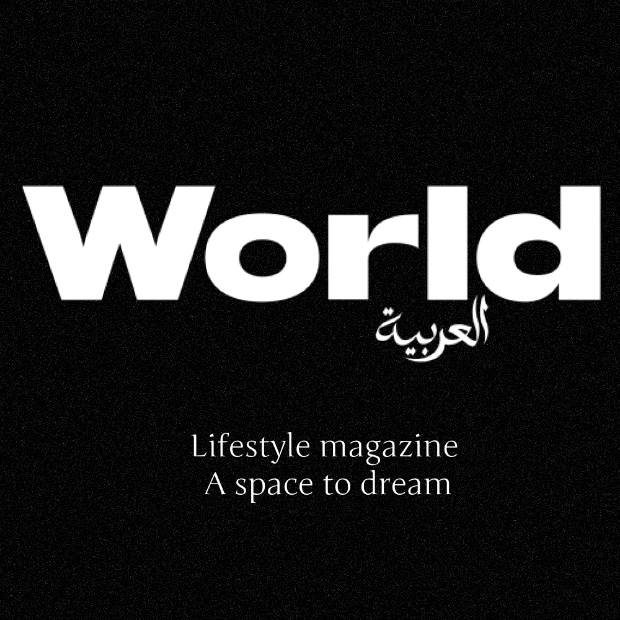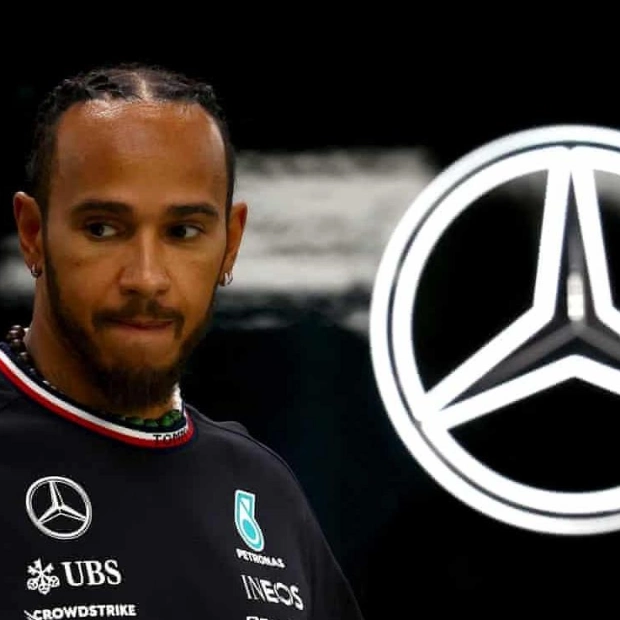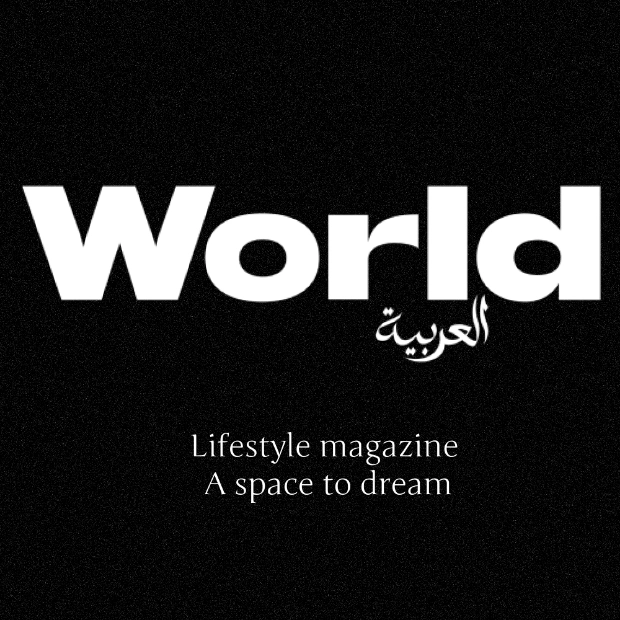The Ballon d'Or, football's most prestigious individual award, hasn't always been the monotonous spectacle it has become over the past 16 years. From 1990, 17 different players claimed the honor over 18 years, representing not just Brazil, Germany, France, and Italy, but also Ukraine, Liberia, Bulgaria, and England. The 1990s winners evoke nostalgia—Van Basten, Baggio, Stoichkov, Weah, Ronaldo, Rivaldo—but the list from 2008 onwards is disappointingly repetitive. Cristiano Ronaldo won in 2008, followed by Lionel Messi, transforming what was once a celebration of exceptional talent into a social media battleground. Between 2008 and 2023, Messi and Ronaldo collectively won 13 of 15 awards, a dominance fueled by their extraordinary skills and the marketing prowess of Adidas and Nike, along with strategic voting.
While their on-pitch rivalry was exhilarating, especially during their nine seasons in La Liga, seeing them repeatedly accept the Ballon d'Or with fixed smiles became tedious. It reduced the award to a redundant reminder of what everyone already knew: Messi and Ronaldo have been the top footballers of the past two decades. The Ballon d'Or, set to announce its 2024 winner on Monday, has an intriguing history. Initiated by France Football magazine, it was conceived by journalist Gabriel Hanot and editor Jacques Ferran, who also helped create the European Cup. Stanley Matthews, aged 41 and three years removed from his FA Cup triumph, was the inaugural winner in 1956, making the first Ballon d'Or more of a lifetime achievement award.
Over the decades, legends like Di Stéfano, Cruyff, Best, and Beckenbauer shared the honor with unexpected choices like Denmark's Allan Simonsen and the Soviet Union's Igor Belanov. In today's individualistic football era, the Ballon d'Or has become a coveted prize. In 2021, France Football's editor-in-chief Pascal Ferré revealed that Ronaldo's sole ambition was to retire with more Ballons d'Or than Messi. This ambition was echoed in career decisions like Neymar's move from Barcelona to Paris Saint-Germain, driven partly by his desire to win the Ballon d'Or, recognizing that doing so under Messi's shadow was unlikely.
The Ballon d'Or can also be a force for good. George Weah's 1995 win, after the award opened up to non-European players, highlighted the growing influence of African footballers. Despite the impact of African players in European football, Weah remains the only African winner. The Ballon d'Or Féminin, introduced in 2018, has celebrated female players with greater diversity than its male counterpart. The 2023 men's award, with Messi's eighth win, felt hollow, especially given his plateaued club form and the strong performances of Kylian Mbappé. The award's fate hinged on penalty shootouts, highlighting its arbitrary nature.
There are signs of change. For the first time in 21 years, neither Messi nor Ronaldo is on the 2024 shortlist. Potential winners include Vinícius Júnior, who could be the first black winner since Ronaldinho, or Rodri, who would be the first Spanish male winner since Luis Suárez in 1960. With Mbappé, Haaland, and emerging talents like Lamine Yamal and Jude Bellingham, the Ballon d'Or may escape years of repetition. To restore its former glory, the award needs to be treated less seriously, becoming a more inspiring and empowering recognition rather than a redundant affirmation of what we already know.
Source link: https://www.theguardian.com
